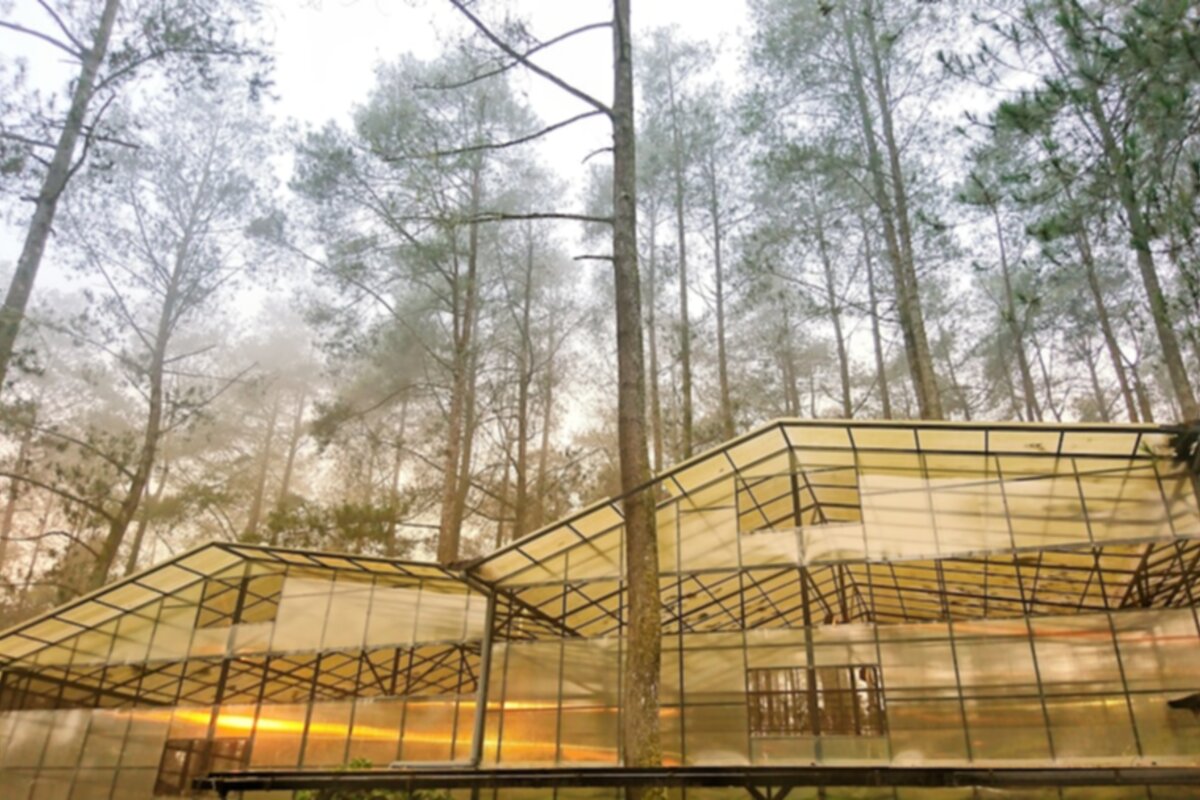Advancing Forest Sciences Research for Sustainable Bioeconomy
Finland’s position as a global leader in forest sciences research continues to strengthen, with groundbreaking studies that are reshaping our understanding of forest ecosystems and their role in sustainable bioeconomy development.
Climate Change and Forest Ecosystems
Recent research has revealed critical insights into how forest ecosystems respond to climate change. Studies conducted at leading Finnish institutions show that forests are not just victims of climate change but active participants in climate mitigation strategies.
Key Research Findings
- Carbon sequestration rates have increased by 15% in managed Finnish forests over the past decade
- Biodiversity resilience in mixed-species forests shows 40% better adaptation to extreme weather events
- Soil carbon storage in peatland forests represents a significant untapped carbon sink
Sustainable Forest Management Innovations
The integration of traditional forestry knowledge with modern technology is revolutionizing forest management practices across Finland.
Digital Forest Monitoring
Advanced remote sensing technologies combined with machine learning algorithms are enabling real-time forest health monitoring. This approach allows for:
- Precision forestry applications that optimize harvest timing
- Early disease detection systems that prevent large-scale forest damage
- Biodiversity mapping that supports conservation planning
Economic-Ecological Modeling
New economic-ecological models are helping balance commercial forestry with environmental protection. These models consider:
- Long-term ecosystem services valuation
- Multi-generational forest planning strategies
- Community benefit distribution from forest resources
International Research Collaboration
Finland’s forest sciences research benefits from extensive international collaboration networks. The University of Helsinki’s Department of Forest Sciences serves as a key hub for multidisciplinary research that combines forest ecology, economics, and social sciences.
Research Focus Areas
The department’s research encompasses four critical areas:
- Forest and peatland ecosystem interactions with climate change
- Socioeconomic change in the global forest sector
- Information management methods for forest resources
- Economic-ecological models for sustainable forest use
Hyytiälä Forest Station: A Research Hub
The Hyytiälä Forest Station has evolved into an international research hub, hosting cutting-edge atmospheric research and forest environment studies. This facility enables:
- Long-term ecosystem monitoring programs
- International research collaboration projects
- Advanced atmospheric research through the SMEAR station
Education and Knowledge Transfer
Forest sciences education in Finland emphasizes research-based learning, ensuring that students gain both theoretical knowledge and practical experience in sustainable forest management.
Key Educational Programs
- Bachelor’s programs in forest sciences and bioeconomy
- Master’s programs specializing in forest ecology and management
- Doctoral education in multidisciplinary forest research
- Continuous learning opportunities for industry professionals
Future Research Directions
Looking ahead, forest sciences research in Finland is focusing on several emerging areas:
Climate Adaptation Strategies
- Resilient forest species selection for changing climates
- Adaptive management techniques for extreme weather events
- Carbon storage optimization in different forest types
Bioeconomy Integration
- Value chain optimization from forest to final products
- Circular economy principles in forest resource use
- Innovation ecosystems connecting research with industry
Social and Economic Aspects
- Community engagement in forest management decisions
- Equitable benefit sharing from forest resources
- Global forest governance and policy development
Research Impact on Industry
The practical applications of forest sciences research are already visible in Finland’s forest industry:
- Improved harvest efficiency through precision forestry
- Enhanced product quality through better forest management
- Reduced environmental impact through sustainable practices
- Increased profitability through optimized resource use
Conclusion
Finland’s forest sciences research continues to set global standards for sustainable forest management and bioeconomy development. The combination of cutting-edge research, international collaboration, and practical application ensures that Finnish forests remain a model for sustainable resource management worldwide.
The ongoing research at institutions like the University of Helsinki’s Department of Forest Sciences provides the scientific foundation needed to address the complex challenges of climate change while maintaining the economic and social benefits that forests provide to society.
As we move forward, the integration of traditional forest knowledge with modern research methods will be crucial for developing sustainable solutions that benefit both the environment and the economy.



